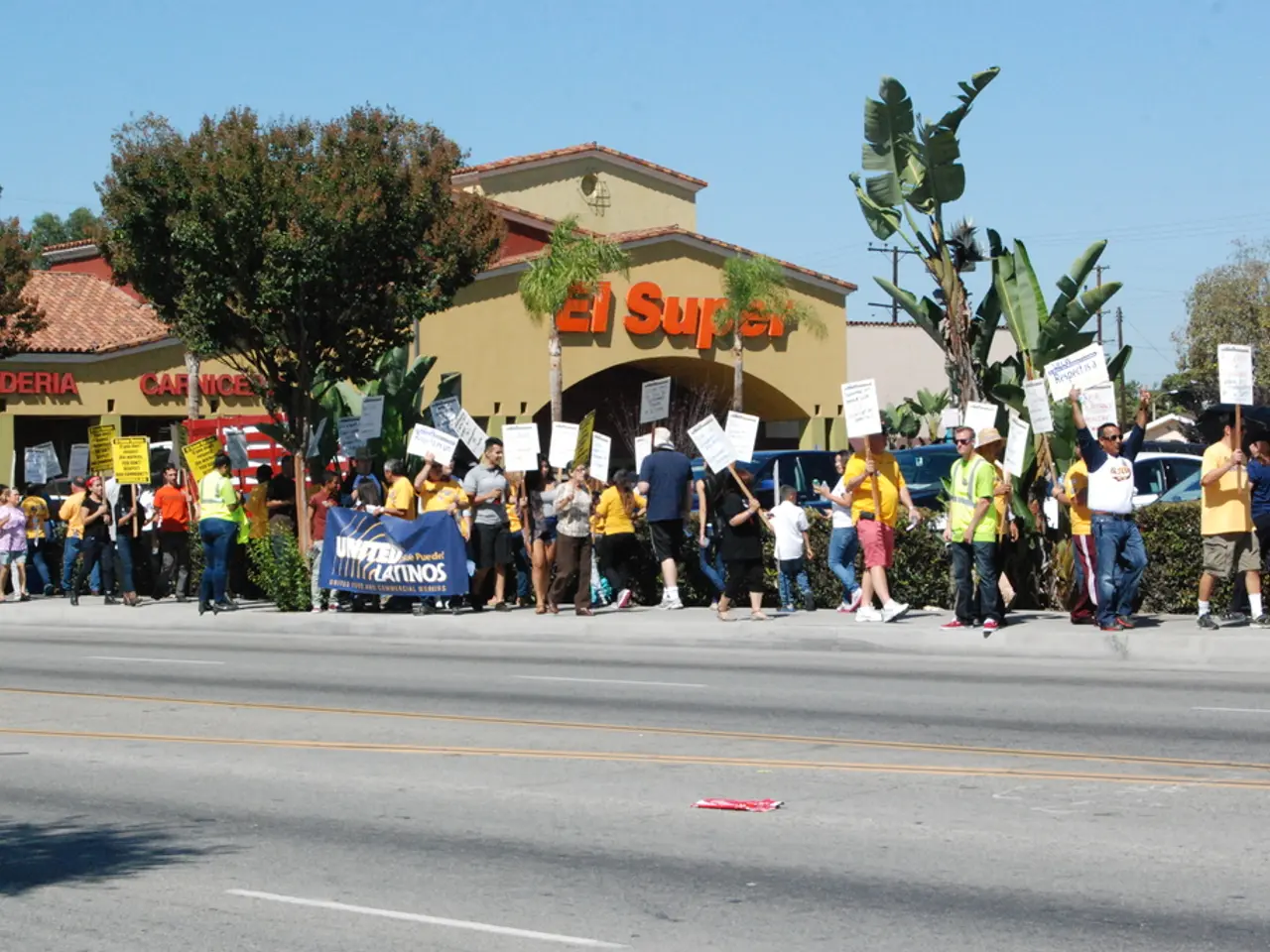Funding from the NEP generation earned a significant 115 million euros
Lower Austria Generational Fund Registers Significant Growth in 2024
The Lower Austria Generational Fund experienced a substantial 4.6% increase in value during 2024, equating to an additional 115.6 million euros. This growth took the fund's closing volume for the previous year to 2.708 billion euros. In a statement released Thursday, Financial Governor Ludwig Schleritzko (ÖVP) characterized this result as "very solid" despite the unpredictable market conditions.
The announcement of the 2024 results was made jointly by FIBEG Managing Director Johannes Kern and Financial Governor Ludwig Schleritzko. Since initiating investments into Lower Austria's housing loans in 2002, the fund's value has risen by 67.5% after deducting costs, translating to an average annual growth of 2.3%. The capital stock reached a record high at year-end 2024, according to Kern.
Despite achieving a growth of 3.5% in 2023, the fund's performance did not meet the Landtag's target yield by a tenth of a point over the past ten years. However, up to 63 million euros from the recent gains can be channeled into the state budget in 2025 for various social services, including nursing homes, mobile care, and children and youth welfare, as stated by Schleritzko. This amount is expected to reach up to 79 million euros in 2026.
The growth of the Lower Austria Generational Fund was reported against a backdrop of challenging economic conditions, including the consequences of the war in Ukraine, speculation about a potential return of Donald Trump as US President, and geopolitical tensions. Schleritzko also acknowledged increasing trade risks and fluctuating commodity and energy prices. Despite these challenges, he expressed optimism about possible interest rate cuts.
Although specific data on the fund's performance factors in 2024 were not disclosed, equity market gains, strategic diversification, effective risk management, and a favorable financing environment are identified as potential contributors to the positive outcome. Austria's stock market experienced robust performance in 2024, with the Vienna Stock Exhange's ATX Total Return index rising by 13.82%, while the Czech PX index climbed by 15.87% by April 30, 2025. This strong performance in the equity market could have positively impacted Austrian investment funds like the Lower Austria Generational Fund.
M&A activity in the real estate sector, robust returns from capital appreciation and dividend income, outperformance in less affected sectors, and a shift towards higher-quality, less volatile assets or increased international diversification are among the strategies that could have contributed to the fund's resilience and growth. Meanwhile, reduced interest expenses and improved financial results for large Austrian corporations created a favorable financing environment, indirectly benefiting investment funds.
Other business sectors may have contributed to the financial growth of the Lower Austria Generational Fund, as the strong performance in the equity market, particularly the Vienna Stock Exchange's ATX Total Return index and the Czech PX index, could have positively impacted Austrian investment funds. Furthermore, strategic diversification, effective risk management, and favorable financing environment are potential contributors to the positive outcome of the fund's other finance-related activities.




